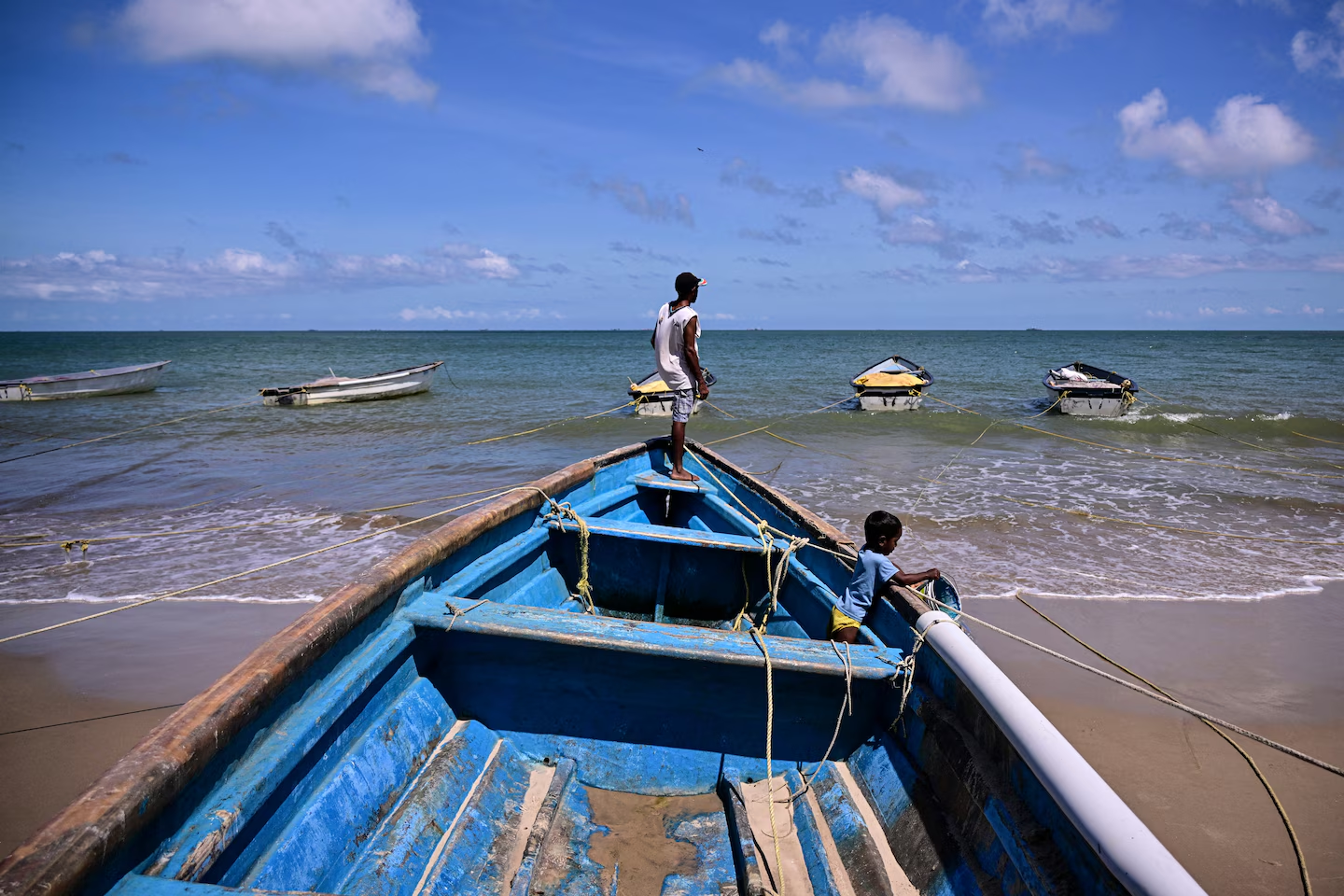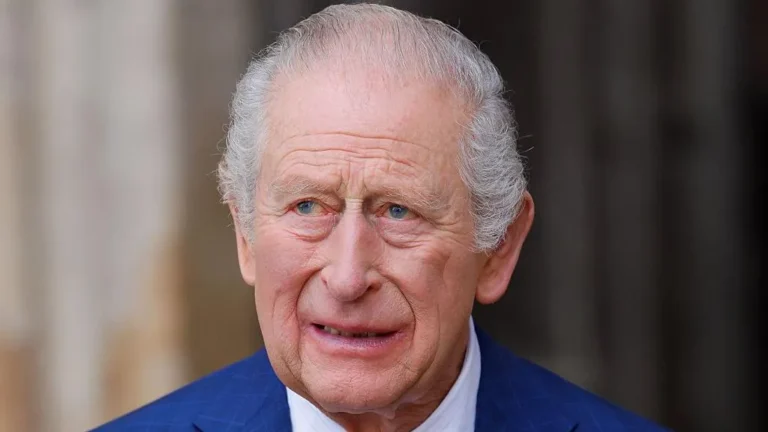
The United States has carried out a string of military strikes on vessels in the Caribbean Sea and eastern Pacific Ocean, killing at least 61 people since early September, in operations aimed at disrupting narcotics trafficking. The campaign, backed by Donald Trump’s administration, has sparked mounting alarm among Caribbean nations, where fishermen fear they may become collateral damage and shipping routes feel exposed. Critics say the operations threaten the region’s fishing, tourism and shipping industries , and raise serious questions about legality and sovereignty.
Rising regional fear and economic disruption
In island nations such as Trinidad and Tobago, the strikes have triggered visible changes: fishers are sticking close to shore or skipping night work, and some vacation homes on northwestern coasts now lie empty. Locals report that the strikes have created a climate of uncertainty, particularly among small-boat operators who fear being swept up in future naval actions or mistaken for traffickers. Tourism officials are also watching closely, worrying that perceptions of instability could deter visitors and damage a sector vital to many Caribbean economies.
READ ALSO: Zohran Mamdani Outlines His Plan to Confront Trump and Rebuild New York
Shipping and commercial fishing industries are likewise on edge. Some vessels have rerouted or delayed departures until the operational scope of U.S. activity becomes clearer. Analysts warn that even a single mis-strike could ripple through regional trade, raising insurance costs and stoking regional political backlash. The fact that many of the targeted boats appear to operate in international or poorly defined waters complicates customary maritime oversight and enforcement norms.
Legal, diplomatic and strategic backlash
The U.S. agency in charge of these operations asserts that the vessels struck were engaged in narcotics trafficking and affiliated with groups labelled “narco-terrorists,” pointing to the use of military force as a response to threats to American national security. But humanitarian and legal experts contend that lethal strikes in international waters without clear evidence or due process may violate international human rights laws. In a rare public rebuke, the United Nations Human Rights Office described the attacks as “unacceptable” and urged independent investigations into potential extrajudicial killings.
Diplomatic friction has also grown. Countries adjacent to strike zones question whether their sovereignty or fishing rights are being undermined, and some demand greater transparency about U.S. intelligence and targeting protocols. One regional government claimed a national of theirs was killed in a strike and is now investigating whether the incident occurred within its territorial waters. Meanwhile, regional trade and tourism bodies fear that repeated incidents or rumours of collateral damage may prompt airlines, insurers and cruise operators to reconsider routes and risk assessments.
For now, the operations continue and the U.S. is reinforcing its military presence in the region , including deploying naval assets and aircraft to bolster detection and disruption capabilities. Whether the gains in narcotics interdiction will outweigh the diplomatic costs and regional economic shock remains to be seen. In the meantime, the Caribbean region is recalibrating its sense of maritime risk and its relationship with a key northern neighbour who says the stakes are “our national security.”




